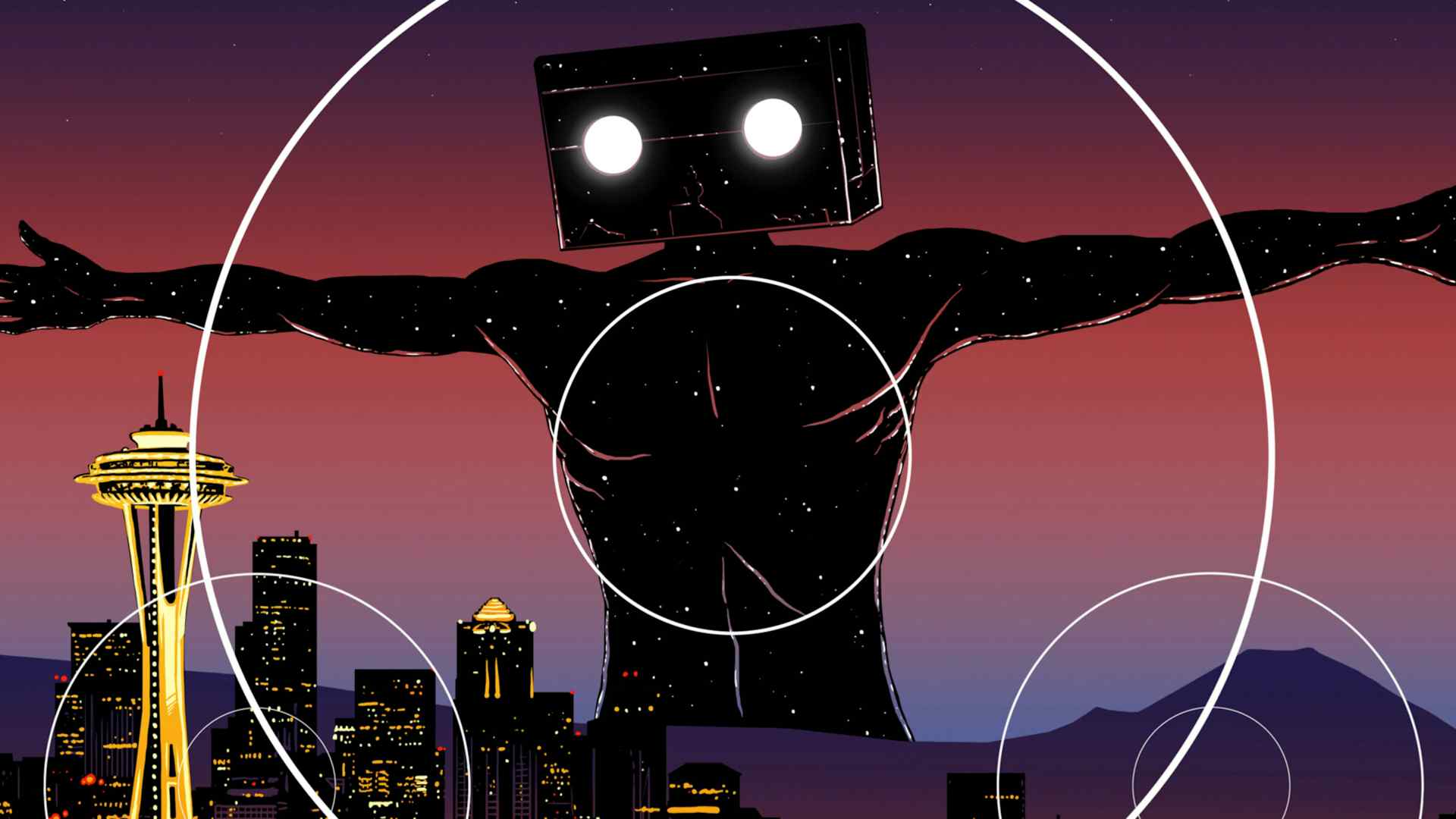
Year Seven of Scarecrow Academy presents "Visions of America on Film Part 2," an eight-week online discussion series built around buoyant and bracing cinematic views of America. Each week we'll consider how some of the greatest filmmakers have pictured the US of A, through a variety of genres and eras.
Discussions are led by National Society of Film Critics member Robert Horton, author of the Seasoned Ticket column at the Scarecrow blog and Scarecrow's "Programmer-Historian in Residence." The Zoom sessions are free and open to all; there's no homework, but we encourage you to watch that week's movie, and please register online in advance. We meet on Saturdays at 2pm Pacific Time, beginning October 25, 2025.

October 25
THE GRAPES OF WRATH (John Ford, 1940)
John Steinbeck's novel about Dust Bowl migrants had been published just the year before, so its issues were still potent—and under John Ford's masterly eye, the sweep of history never swamps the human saga of the Joad family and their westward trek.

November 1
SULLIVAN'S TRAVELS (Preston Sturges, 1941).
Satire, slapstick, and sincerity live giddily together in Sturges' tale of a successful Hollywood director (Joel McCrea) who wants to make an important social-issue movie and finds more reality than he bargained for.

November 8
LITTLE BIG MAN (Arthur Penn, 1970).
The recollections of a white man (Dustin Hoffman) raised by Native Americans and claiming to be the only survivor of the Custer massacre. This scathing black comedy, made at the height of counterculture disillusionment, was an unlikely box-office hit.

November 15
DAYS OF HEAVEN (Terrence Malick, 1978)
This early example of Malick's visually intoxicating style focuses on a romantic triangle set against the astonishing vistas of pre-WWI Texas, where a chorus of American themes—class, business, the land, the allure of the road—come together like a plague of locusts.
November 22 (no session)

November 29
KILLER OF SHEEP (Charles Burnett, 1978)
A study of Watts, the primarily Black neighborhood Burnett knew intimately, told in an untraditional style and with compelling poetry; the film went nearly unreleased until rediscovered decades later and acclaimed a classic.

December 6
DEAD MAN (Jim Jarmusch, 1995)
A traveler (Johnny Depp) goes west—or to the indigenous land of the Pacific Northwest, a journey that becomes an unexpectedly psychedelic western. Jarmusch brings his usual deadpan humor but also an unexpected mythic overtone in one of his most haunting films.

December 13
A THOUSAND AND ONE (A.V. Rockwell, 2023)
A single mother/ex-con (seamless work by Teyana Taylor) plucks her boy from the foster-care system and retreats into Harlem and anonymity. The way this ten-year tale unfolds is never predictable, as an entire society unfolds through the narrow lens of family.

December 20
NICKEL BOYS (RaMell Ross, 2024)
The subject is compelling: the story of two young men funneled into a cruel juvenile prison, from Colson Whitehead's based-on-fact novel. Just as stunning is Ross's lyrical approach, as we witness this chronicle quite literally through the men's eyes.


